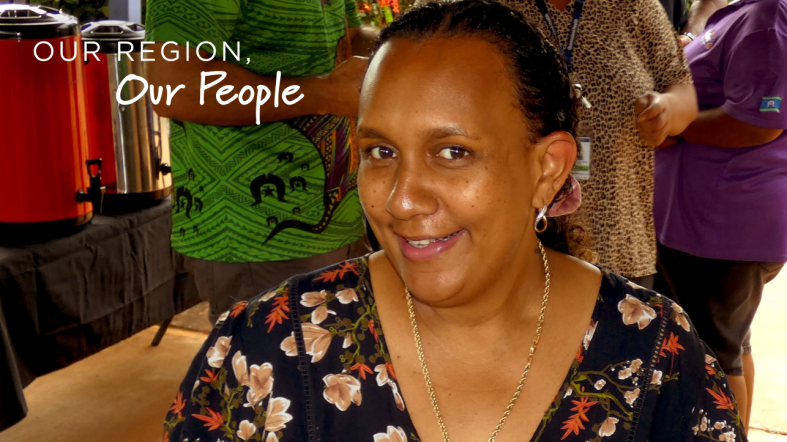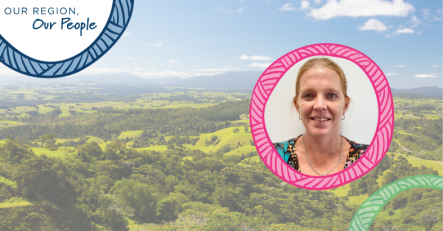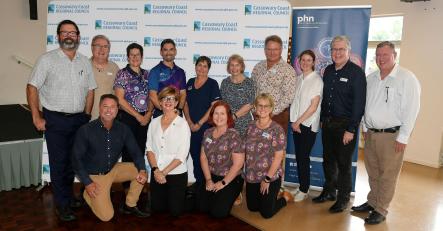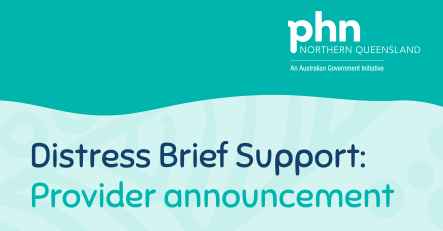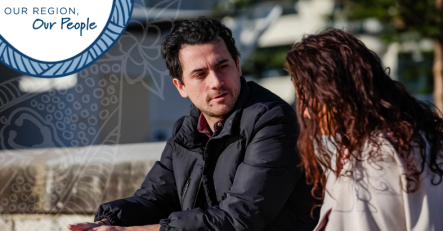An absence of local birthing facilities in the remote Northern Peninsula Area (NPA) means mothers often face extended separations from their communities during a pivotal period in their family lives – and it can lead to financial, social, and psychological challenges.
However, the First 1,000 Days program is involving and empowering families and communities - and it's having a profound impact on young children in the NPA.
The program is being delivered by NPA Family and Community Services (NPAFACS) and is helping mothers, young children, families, and communities build strong family units to give babies and young children a healthy start to life.
NPAFACS Project Manager Health Projects Ugari Nona said already more than 80 women and men had shared their experiences.
“NPA is located right at the tip of Cape York and comprises the five communities of Injinoo, Umagico, Bamaga, New Mapoon, and Seisia, and most of us are either Aboriginal and/or Torres Strait Islander persons,” Ms Nona said.
“One of the things we do up here is love our children and we strive to build strong families, often against ongoing barriers like enough housing, high unemployment, and cost of living.
“When we saw the application to be part of the First 1,000 Days initiative, we were really excited as it would give us additional resourcing to ensure mothers, children, dads, and families had someone watching out for them and linking them to resources in those early days from birth to a child’s second birthday.
“The first thing we did was reach out to our communities to hear from women about their birth experiences and the social contexts that either help them and their children thrive, or impose challenges on them, their babies, and their families.
“We heard from more than 60 women. We then held our first father’s group, where we heard from dads regarding the challenges and blessings of fatherhood in those early days.”
Ms Nona said the First 1,000 Days program had allowed NPAFACS to discover what was going well for families, from pregnancy to the child’s second birthday, and what could be improved.
“One of our strongest findings is the importance of sustaining women’s connection to each other during pregnancy and birth, and one of the strongest desires of women is that we may one day be able to birth our babies in the NPA,” she said.
NPAFACS will also launch a friendly visitor program in the NPA, as part of its First 1,000 Days program, where Aboriginal and/or Torres Strait Islander Health Workers from the region visit women with babies and young children up to two years of age.
“These friendly visitors will engage parents and care providers, Akas and Athes, Uncles and Aunties, in conversations that allow for learning about developmental milestones, healthy living, and problem-solving complexities in everyday life,” Ms Nona said.
“Families will also be referred and connected to the services they need in a meaningful way.
“We love our children and want them to thrive. We believe this has always been a privilege and our dreaming, and this project lets us step into this dreaming in a different way.”
The First 1,000 Days program, which is funded by Northern Queensland Primary Health Network (NQPHN), aligns with the NQ First 1,000 Days Framework and the National Strategic Framework for Aboriginal and Torres Strait Islander Peoples’ Mental Health and Social and Emotional Wellbeing 2017–2023.



